Even after the Biden administration imposed steep tariffs on electric vehicles imported from China, some models remain cheaper than their American counterparts, highlighting the major challenges facing American electric vehicles.
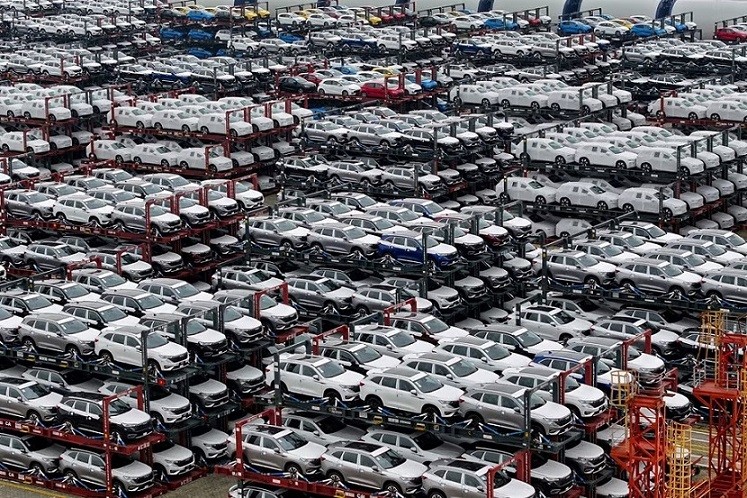 |
US tariffs cannot stop Chinese electric cars from competing on price. (Source: AFP) |
On September 13, the US government announced that it would increase tariffs on electric vehicles imported from China to 100% from September 27 to protect domestic workers from competitive pressure in these industries.
The move comes after a four-year review by the Office of the US Trade Representative (USTR) into China's unfair trade practices.
Washington imports very few electric vehicles from Beijing, so the government's move — part of a broader plan to raise tariffs on a wide range of Chinese goods — is largely precautionary and aimed at giving the US electric vehicle industry time to catch up with the second-largest economy .
“China’s industrial policies targeting electric vehicles could threaten federal investment in the sector,” USTR said.
While President Biden’s country seeks to accelerate the transition to electric vehicles with government support packages, Beijing remains the leader in both production and consumption in the sector, after a decades-long effort by the country.
According to market research firm MarkLines, electric vehicles accounted for more than 10% of car sales in the US in July 2024, but in China, the ratio was around 50% - much higher than the global average of around 20%.
Washington still lacks electric vehicle charging infrastructure and mass-market models.
Meanwhile, major Chinese automakers like BYD rely on extensive domestic supply chains that help them compete in a crowded market, offering electric vehicles for less than $25,000 apiece.
In the US, even the leading manufacturer Tesla does not have any models under $30,000/unit. Currently, there is no US electric car model that is as cheap as gasoline cars.
Mr. Joe McCabe, CEO of AutoForecast Solutions, a US research company, commented: "BYD's lowest priced car model in the US is $12,000/car. Even with the 100% tax imposed by the US, BYD still has the cheapest electric car model on the market, under $25,000/car."
Chinese automakers don’t seem to care about profits, McCabe said, and the Biden administration is concerned about Chinese automakers trying to avoid tariffs.
Another US concern is slow progress in reducing dependence on China for batteries, which account for 30% of the cost of making electric vehicles.
Washington imported $6.2 billion worth of electric vehicle batteries from Beijing in the first half of this year. That figure is expected to reach $13 billion in 2023, up about 40% from 2022 and a sixfold increase in three years.
Source: https://baoquocte.vn/ap-thue-khung-len-xe-dien-trung-quoc-lo-diem-yeu-chi-mang-cua-my-bac-kinh-van-dang-dan-dau-286523.html


![[Photo] More than 17,000 candidates participate in the 2025 SPT Competency Assessment Test of Hanoi National University of Education](https://vphoto.vietnam.vn/thumb/1200x675/vietnam/resource/IMAGE/2025/5/17/e538d9a1636c407cbb211b314e6303fd)

![[Photo] Prime Minister Pham Minh Chinh chairs meeting on science and technology development](https://vphoto.vietnam.vn/thumb/1200x675/vietnam/resource/IMAGE/2025/5/17/ae80dd74c384439789b12013c738a045)

![[Photo] Readers line up to visit the photo exhibition and receive a special publication commemorating the 135th birthday of President Ho Chi Minh at Nhan Dan Newspaper](https://vphoto.vietnam.vn/thumb/1200x675/vietnam/resource/IMAGE/2025/5/17/85b3197fc6bd43e6a9ee4db15101005b)



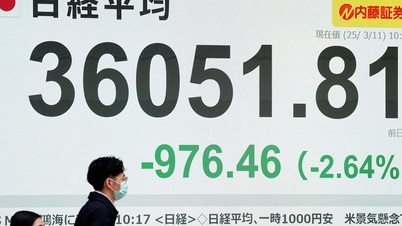



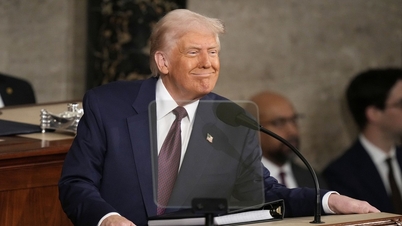
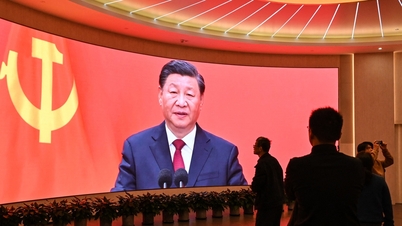




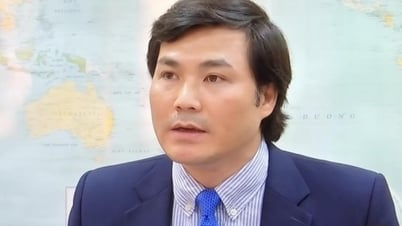












![[Photo] Nearly 3,000 students moved by stories about soldiers](https://vphoto.vietnam.vn/thumb/1200x675/vietnam/resource/IMAGE/2025/5/17/21da57c8241e42438b423eaa37215e0e)























































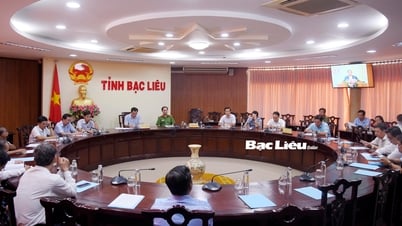















Comment (0)